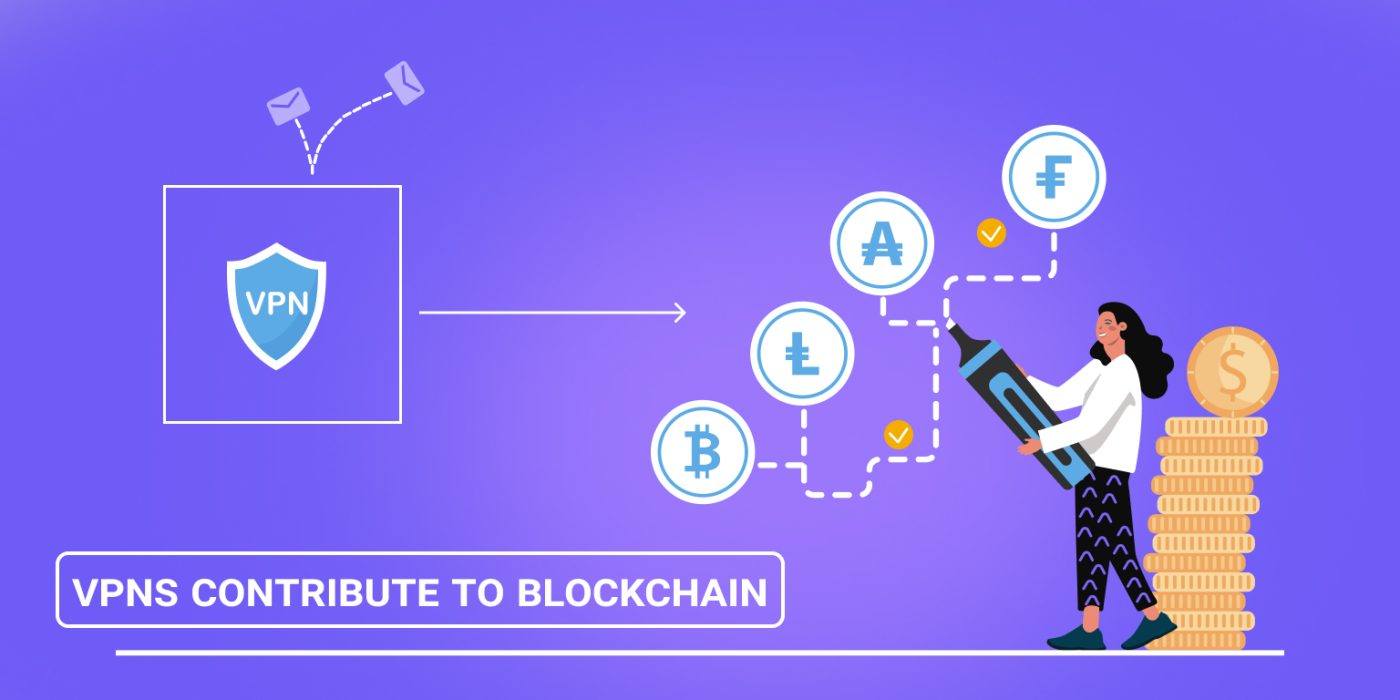Have you ever wondered how decentralized VPNs are changing the world of blockchain? Since more than 33% of Americans used a VPN in 2023, these tools are undeniably important for digital security and privacy. The growing demand for secure, private internet access has pushed innovations in both VPNs and blockchain technology.
What is a Decentralized VPN?
A Decentralized VPN is a Virtual Private Network that works without central authorities. In general, classic VPNs make the internet traffic travel through a server managed by a VPN provider. Decentralized VPNs run on top of blockchain technology, which hosts the network on multiple nodes, providing even more privacy and security than traditional ones.
Decentralized VPNs employ blockchain technology to facilitate a trustless atmosphere, ensuring users do not need to rely on a single entity for their data security. Rather, the network is run by the community of users that offer their bandwidth and computational resources. This way, no one single point of failure is likely to happen because of this decentralized structure, bringing up its security and reliability on the whole.
How Decentralized VPNs Help Blockchain Innovation?
Let’s explore the transformative impact of decentralized VPNs on blockchain technology and how they drive innovation in this dynamic field.
Enhanced Security and Privacy
Decentralized VPNs improve security by removing central points of vulnerability. In the case of centralized VPNs, a single server of the provider can become a target for hackers and compromise user data. In decentralized VPNs, information is distributed among many nodes; thus, it becomes very hard for attackers to access or manipulate information. This is crucial to blockchain users since it attempts to guard sensitive information in relation to digital assets and transactions.
Increased Anonymity
Blockchain users often require a certain level of increased anonymity to secure their transactions and identities. Decentralized VPNs ensure that not all data of a user can be accessed by one node. Each node runs on minimal data, and it is extremely difficult to pinpoint an activity to a given participant. It is, ironically, the very architecture that gives privacy in layers as the mechanism that ensures blockchain activities are opaque to the public eye.
Censorship Resistance
One of the other fundamental principles underpinning blockchain technology is censorship resistance. The decentralized VPN is also less susceptible to control from governments or corporations for that very reason. Traditional VPNs can be blocked or regulated by authorities, while such decentralized networks, dispersed over many nodes all over the world, are much harder to shut down. This way, users on the blockchain can freely access their networks and conduct transactions without intervention, even in constrained environments.
Decentralized Infrastructure
The decentralized infrastructure of these VPNs is a perfect fit for the nature of blockchain networks. Both the technologies depend on distributed systems for their effective functioning, hence leading to an enhancement in performance and reliability between one another. For instance, blockchain can be used by a decentralized VPN for management and verification of nodes so as to ascertain that only trusted participants are part of the network. This will enhance the robustness and security of the integrated platform.
Economical
Decentralized VPNs can be cheaper than traditional centralized VPN services. Decentralized VPNs leverage the shared resources of the community and ultimately reduce the need for expensive infrastructure and maintenance. It reduces costs for blockchain projects, with the extra revenue then used in development and innovation instead of spending a lot on security.
Promotion of Decentralized Applications (dApps)
It encourages the use of decentralized applications (dApps) by providing a secure and private environment for their operation. The requirements in most dApps thus lie around secure communication channels in a manner ensuring the safety of data about users and details of transactions. Decentralized VPNs can provide this: through encryption, data is passed through some nodes, which avoid illegal access and maintain the integrity of the application.
Scalability
In the VPN domain and all over blockchain networks, another quite big challenge is scalability. It tackles the problem of congestion through the distribution of loads to thousands of nodes, which tremendously improves overall performance. This kind of scalability is needed for blockchain projects, since they need to be able to handle voluminous interactions and transactions by users.
Conclusion
Generally, decentralized VPNs are very vital in ensuring development of blockchains, both in terms of security and privacy. They offer strong resolutions in many aspects that the problems to which traditional VPNs and blockchain networks are sufferers are known to; they are much better than the current environment for digital transactions. White-label decentralized VPN solutions from PureVPN’s offering will be just right to shield wallets and digital assets of customers for any blockchain enterprise. With white-label solutions integrated from PureVPN, blockchain companies can assure their users a secure, private, and reliable network. This not only boosts user trust but also increases general system security in the blockchain. In this era of increased demand for secure digital environments, one could expect further innovations in both these areas, thanks to such synergy between decentralized VPNs and blockchain technology.
Now secure your blockchain project to the zenith level with PureVPN white-label solutions, and embrace the future of secure digital interactions.


